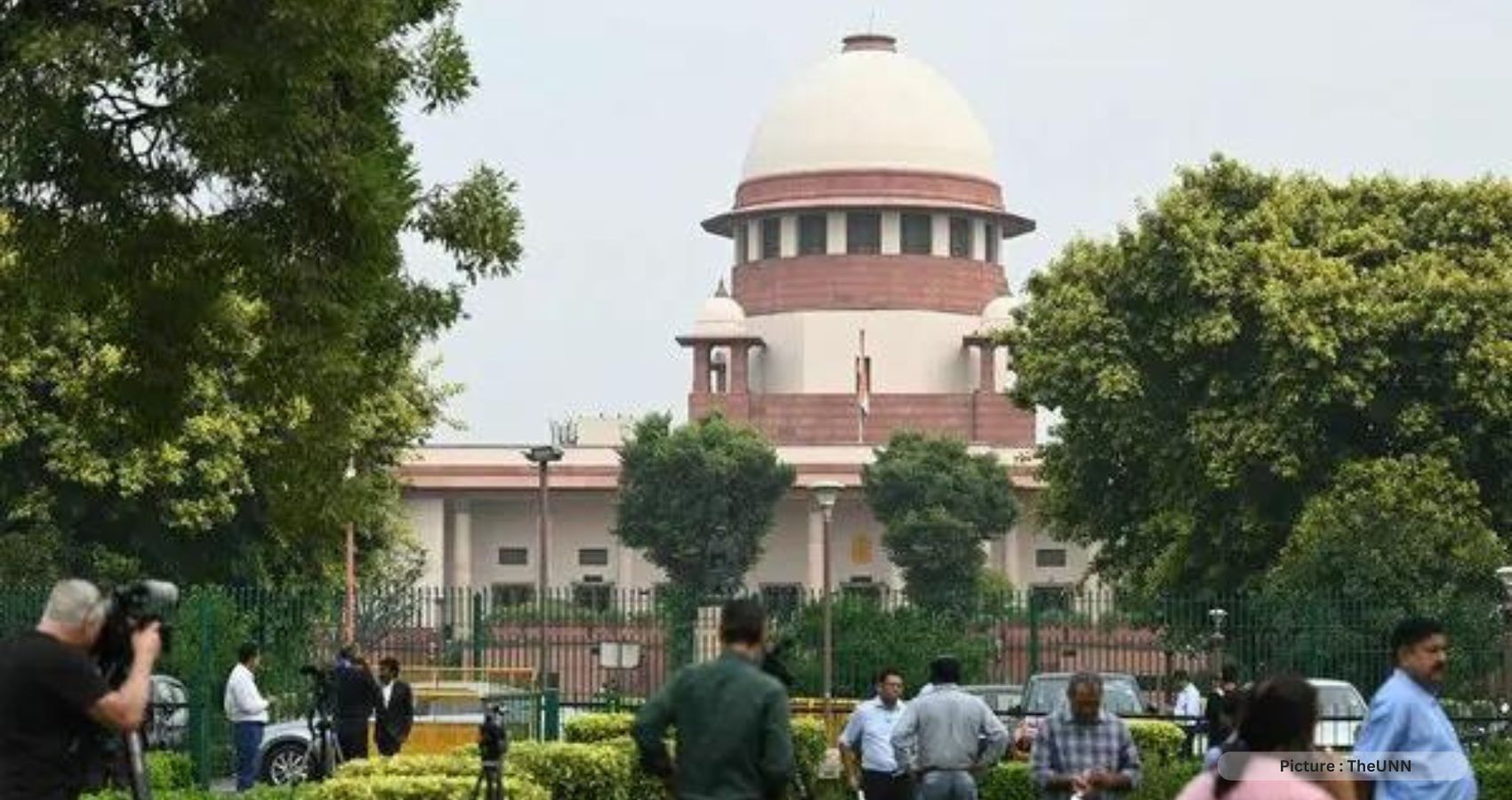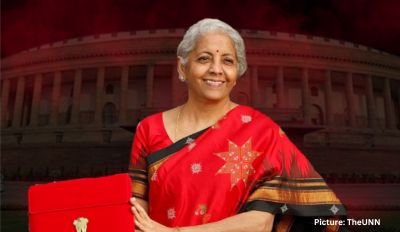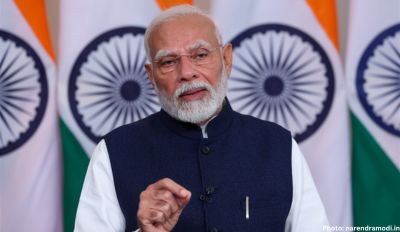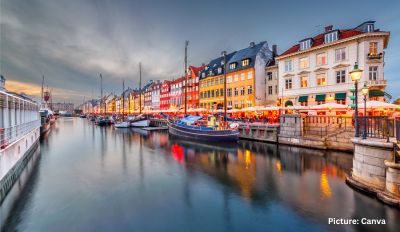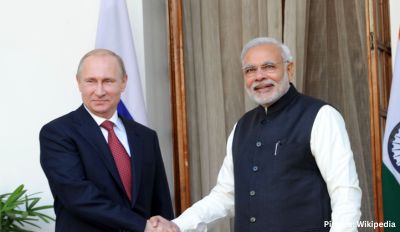India’s top court declined to legalize same-sex marriages in a historic ruling delivered on October 17, 2023. This ruling affects what is now the world’s most populous country. And same-sex marriages are not legal there at this time.
The marriage ruling will be a disappointment for LGBTQ+ people in India, who had hoped the supreme court judges would recognise their constitutional right to marriage equality.
In a sign of how contentious the issue remains in India, the five-judge bench of the supreme court, led by the chief justice of India, said they had been divided on the matter, and four separate judgments were written by the bench. Two of the judges had supported same-sex civil unions but the majority verdict ruled against them.
Rohin Bhatt, one of the lawyers in the case, said: “Today the court has reaffirmed that queer citizens will be relegated to an unsympathetic legislature and an apathetic executive. We are second-class citizens, no matter how many judicial platitudes say otherwise. We will rise in rage and protest.”
India’s Supreme Court delivered the judgment on petitions advocating for the legalization of same-sex marriage, and this decision has profound implications for the rights and recognition of LGBTQ+ individuals in the country.
Petitioners and Their Objectives
The court considered 21 petitions filed by same-sex couples, including those raising children together, LGBTQ+ activists, and organizations. The petitioners’ legal representatives argued that marriage is a union between two individuals, not restricted to a man and a woman. They asserted that laws should evolve to reflect changing concepts of marriage over time, with same-sex couples deserving the dignity and recognition of marriage.

The petitioners contended that the Indian constitution guarantees all citizens the right to marry a person of their choice and prohibits discrimination based on sexual orientation. They highlighted that the inability to marry deprives them of joint bank accounts, co-ownership of property, and the opportunity to adopt children together.
The petitioners argued that the prohibition on same-sex marriage infringes upon their constitutional rights and relegates them to “second-class citizens.” However, the government and religious leaders have staunchly opposed same-sex unions, contending that they run counter to Indian cultural norms.
In April and May during hearings, Chief Justice DY Chandrachud, leading the bench, described it as “a matter of seminal importance,” and these proceedings were “livestreamed in public interest.” The court reserved its order on May 12. Justice Chandrachud emphasized that they would not meddle with religious personal laws but would explore the possibility of amending a special law governing inter-caste and inter-faith marriages to include LGBTQ+ individuals.
This debate carries immense significance in a nation where tens of millions of LGBTQ+ people reside. While the Indian government reported their population at 2.5 million in 2012, global estimates suggest a much higher figure, possibly exceeding 135 million, or 10% of the entire population.
During the proceedings, the judges displayed empathy for the concerns of same-sex couples and pressed the government for its plans to address these issues.
Government’s Position
The government initially questioned the court’s authority to address this matter, arguing that it should be a decision for parliament. Solicitor General Tushar Mehta, representing the government, urged the court to dismiss the petitions, asserting that marriage could only occur between a heterosexual man and woman.
Government authorities also criticized the same-sex petitioners, characterizing them as “reflecting urban elitist views.” Remarkably, leaders from various religious denominations in India united in opposing same-sex unions, asserting that marriage should be reserved for procreation, not recreation.
Despite these strong objections from the government and religious leaders, the judges decided to hear the case. They clarified that they would not venture into religious personal laws but would explore the potential amendment of the Special Marriage Act (SMA) of 1954 to include LGBTQ+ individuals.
The Special Marriage Act: A Key Focus
In India, the majority of marriages occur under religious personal laws, such as the Muslim Marriage Act and the Hindu Marriage Act. However, these laws recognize marriages only between couples of the same religion or caste. Consequently, if a Hindu and a Muslim sought to marry, one of them had to convert to the other’s religion.
This approach posed a significant challenge to the concept of personal liberty, a right guaranteed by the Indian constitution. Consequently, after India gained independence, the government introduced the Special Marriage Act in 1954 to facilitate inter-faith or inter-caste marriages.
The Special Marriage Act effectively detached marriage from religion, affirming that individuals did not need to renounce their religion to marry. This was a major step forward for personal liberty. During the court proceedings, the petitioners proposed substituting “man” and “woman” with “spouse” in the Act as a means of achieving marriage equality.
However, it became evident as the hearings progressed that amending this single law might be insufficient since numerous other laws govern divorce, adoption, succession, maintenance, and related matters, many of which fall under the purview of religious personal laws.
In a 2020 Pew survey, 37% of respondents believed homosexuality should be accepted, a substantial increase from 15% in 2014 when the question was first posed in the country. In a June survey by Pew, 53% of Indian adults supported legalizing same-sex marriage, while 43% opposed it.
Nonetheless, conservative attitudes towards sex and sexuality persist in India, and LGBTQ+ individuals continue to face stigma and discrimination. Lawyer Mukul Rohatgi, representing the petitioners, argued that society sometimes requires a push to acknowledge LGBTQ+ individuals as equals under the constitution, and legalizing same-sex marriage could be that catalyst for acceptance.
Empathy from SC Justices
The Chief Justice of India, DY Chandrachud and the four other judges ruled that amending the special marriage act went beyond the scope of the court, amounting to “judicial lawmaking”, and was instead the job of the legislature.
In his ruling, Chandrachud emphasised that LGBTQ+ people should have the right to choose their partners and co-habit and should not face discrimination under the law.
“Choosing a life partner is an integral part of choosing one’s course of life. Some may regard this as the most important decision of their life,” he said. He instructed the government to form a high level committee to examine the concerns, rights and welfare entitlements of same-sex couples.
“Queerness is not urban elite. Homosexuality or queerness is not an urban concept or restricted to the upper classes of the society,” added Chandrachud. He had also expressed his support for LGBTQ+ couples being allowed to adopt, but was overruled by the majority of the bench.
One of the petitioners, Mario da Penha, said it was “a day to be disappointed, but not to lose hope. There’s been tremendous work that has gone into these petitions, and many hopes and dreams of the queer community attached to them — to lead lives that most other Indians take for granted. The fact that the dream could not come to fruition today is a disappointment for all of us.”

